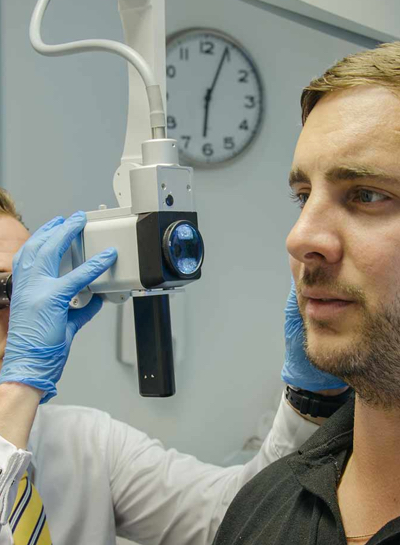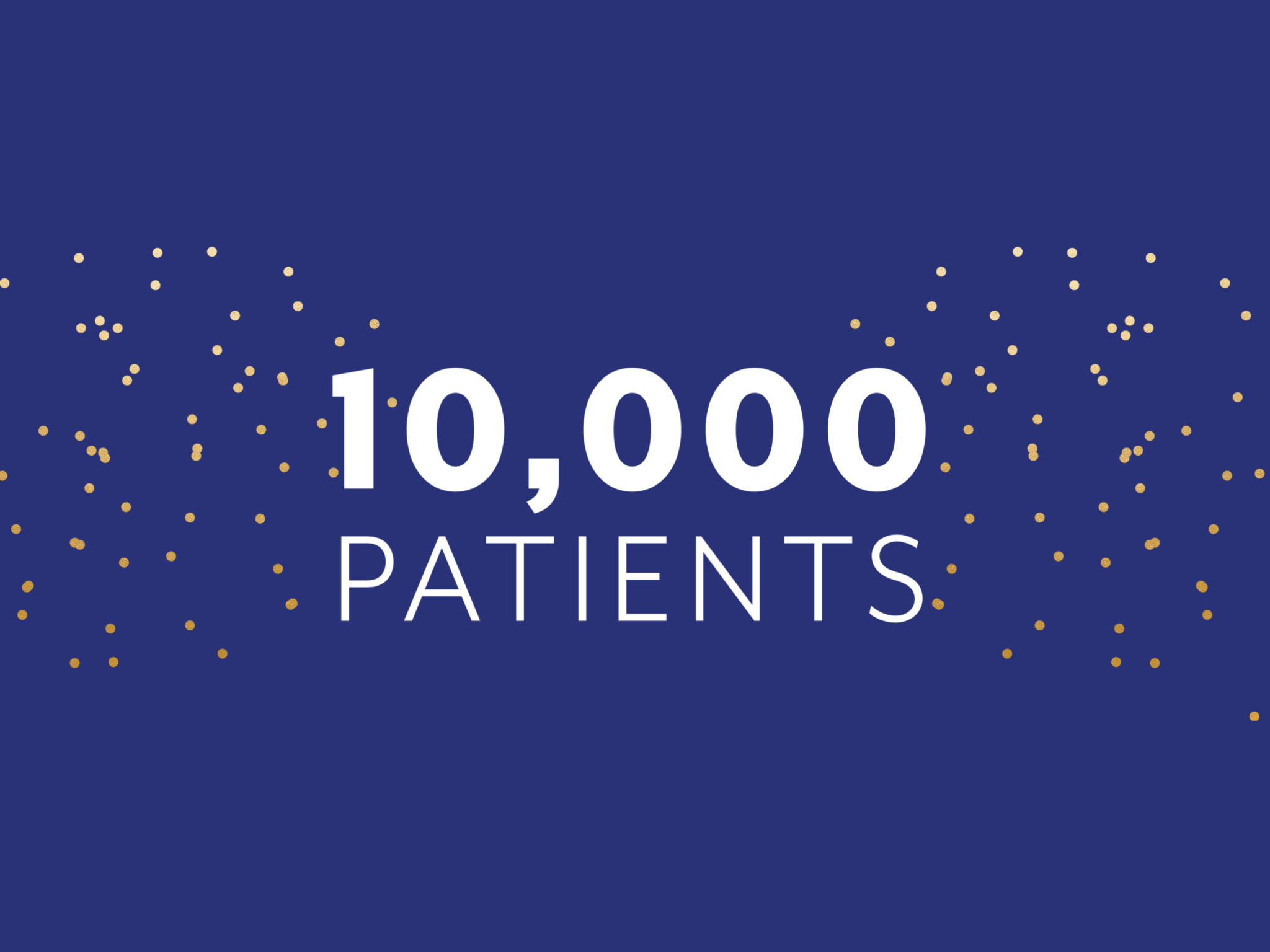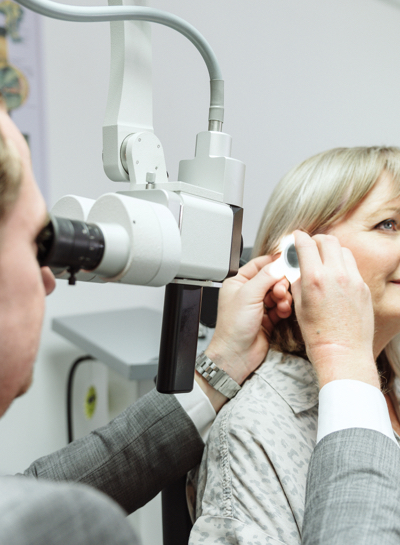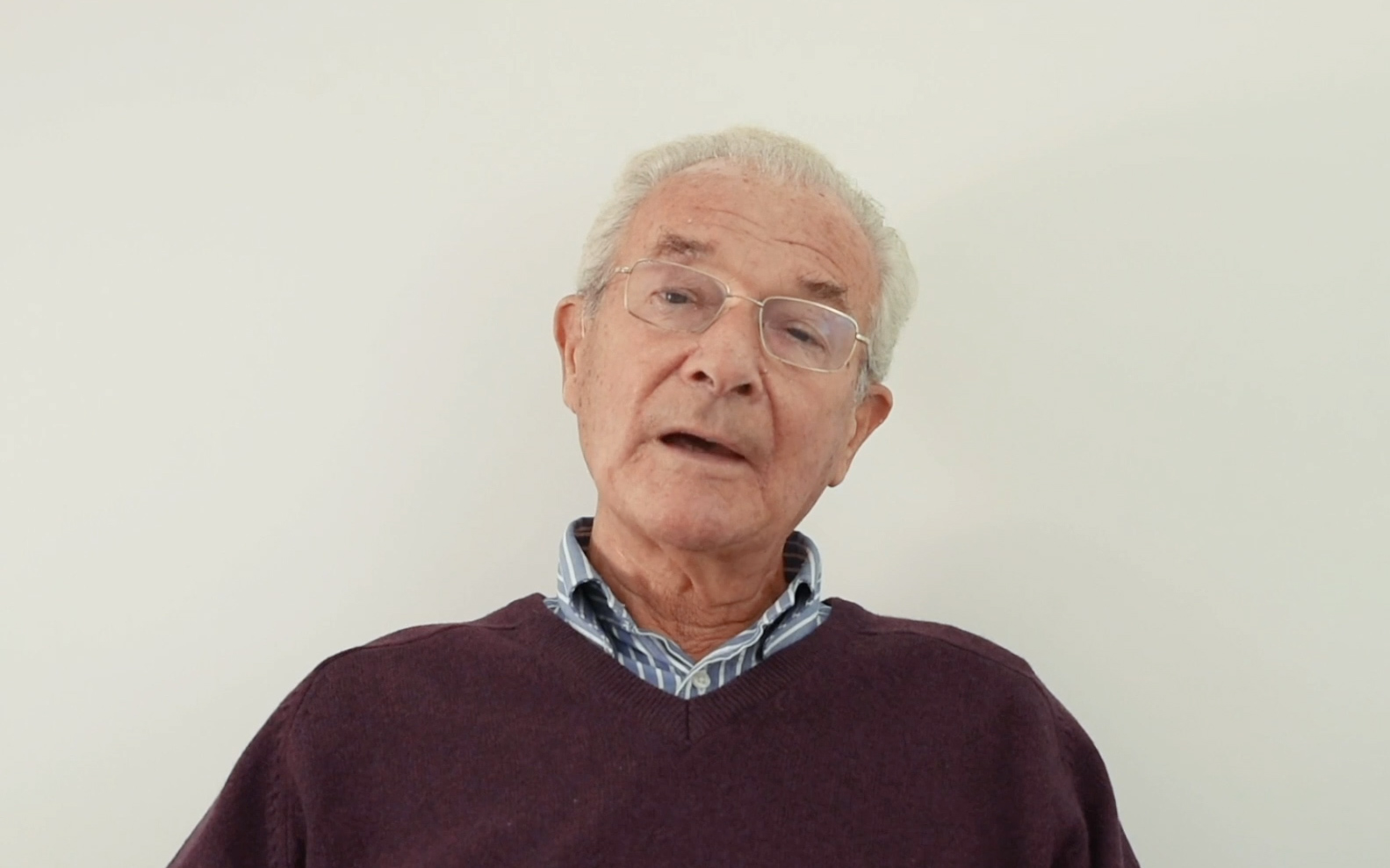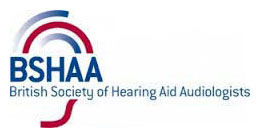I can hear, just not clearly. Do I have hearing loss?
3 Min read
3rd Mar 2020
What’s the number one complaint hearing care professionals hear from new patients with hearing loss?
“I can hear, but I can’t understand.” If this is what you’re experiencing, you may have hearing loss.
Hearing loss involves not only the ears, but also the brain where sound is translated into meaningful words. Symptoms that vary between people. Hearing loss comes in all degrees from mild to profound. But most people, especially older adults, have mild-to-moderate hearing loss, especially the type that makes it harder to hear high-pitched sounds. In this case, the only symptom may be difficulty with word understanding, especially in situations where there is competing noise.
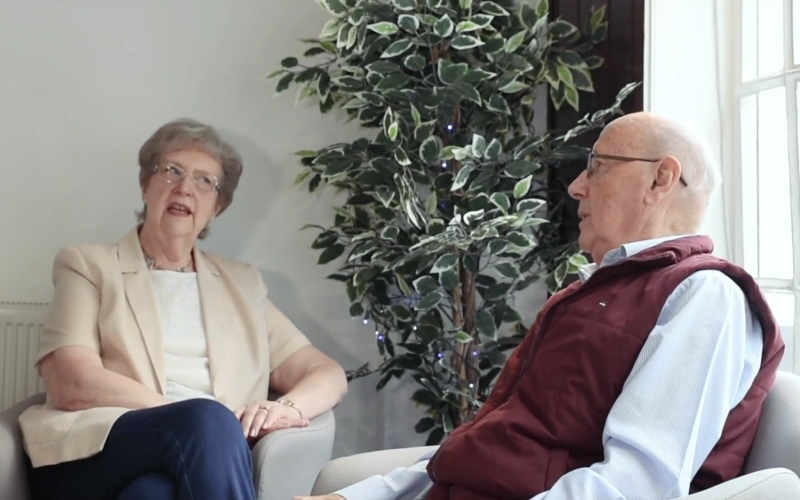
Hearing vs. understanding
When your hearing is tested, the results are plotted on an audiogram. People with high-frequency hearing loss are said to have a “sloping” hearing loss. If you have a sloping hearing loss, it means you are able to hear low-pitched sounds, (sounds below 1000 Hz), sometimes even as clearly as someone with normal hearing. But, high-pitched sounds (sounds above 1000 Hz) need to be much louder before you can hear them.
While not always the case, high-frequency hearing loss is often the cause of feeling like you can hear but can’t understand.
Did you say parrot or ferret?
In speech, the vowel sounds (A, E, I, O and U) are low in pitch while consonant sounds like S, F, Th, Sh, V, K, P and others are high in pitch. Being able to hear vowel sounds is helpful and will alert you that speech is present, but it’s the consonant sounds that give speech meaning and help you distinguish one word from another. Without being able to hear subtle differences between consonants, words like “cat” and “hat,” “parrot” and “ferret” and “show” and “throw” can be hard to differentiate. This is why so many people with high-frequency hearing losses brought about by natural aging (presbycusis) or excessive noise exposure have difficulty understanding even when they know sound is present.

Trouble hearing with background noise
If you have a high-frequency hearing loss, you may notice problems understanding speech even in a relatively quiet environment, but when background noise is present or several people are talking at once, it can become nearly impossible to follow a conversation. People with hearing loss that has gone untreated for a number of years sometimes begin to avoid lively social situations or public places they once enjoyed because interacting with others is too difficult.
Signs of high-frequency hearing loss
When you have a high frequency hearing loss, you may have trouble:
- following conversations in quiet and noisy places (hear but can’t understand).
- talking on the phone.
- understanding your favorite TV shows or movies even when you turn the volume up.
- understanding female and young children’s voices because they tend to be higher in pitch.
- enjoying music because it sounds distorted, especially at higher volumes.
- feeling exhausted from listening
Family members, friends and work colleagues can get frustrated and feel you aren’t listening to them when they speak to you. Your spouse may accuse you of having “selective hearing.” You may accuse others of mumbling. Sometimes, you will answer questions inappropriately and miss the punch lines of jokes. Other times, you may resort to smiling and nodding when someone speaks to give the impression you are listening when in fact, you do not understand what was just said. Untreated hearing loss can take a toll on relationships, careers and your daily life.
Don’t accept difficult hearing
If your hearing test reveals hearing loss, hearing aids can amplify the high pitches you’ve been missing without amplifying low-pitched sounds. Once you begin wearing hearing aids, you will notice improvement with understanding speech and you may even notice you’re hearing sounds that have long been forgotten. For instance, some new hearing aid wearers are pleasantly surprised to hear the soft chirping of songbirds for the first time in years. You will once again be able to hear that beeping sound your microwave makes, your car’s turn signal and your phone ringing.
If you can hear, but can’t understand, you’re not alone. This is what we hear almost every day from our patients, and we are highly skilled at getting to the root of the problem, listening to your concerns and finding a solution that meets your needs. Don’t give up on enjoying conversations at work, home and play.
Contact your nearest branch to book your full hearing assessment today.
Source: https://www.healthyhearing.com/report/32039-I-can-hear-just

Tom Dixon Director of Audiology
Share this article
Your Journey To Better Hearing
Related Articles
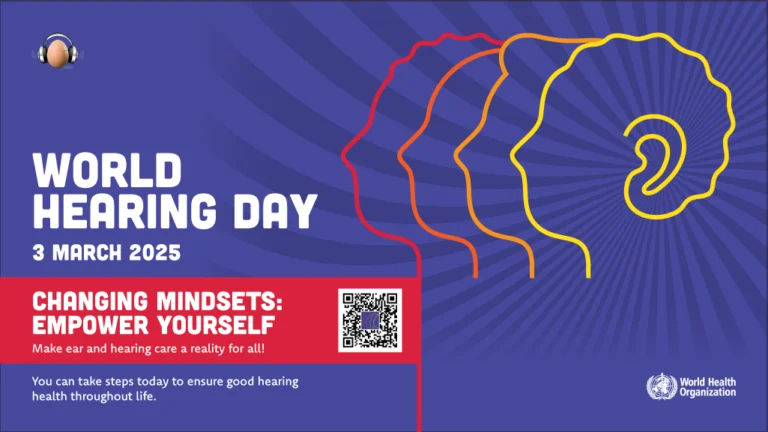
World Hearing Day 2025
Every year on March 3rd, World Hearing Day is celebrated to raise awareness about hearing loss and promote ear and hearing care worldwide. At Worcester & Stratford Hearing Centres, we…
2 Min read
3rd Mar 2025

How Hearing Loss Can Affect Relationships
Valentine’s Day is a time to celebrate love and connection, but what happens when hearing loss begins to create barriers in your relationships? Hearing is a crucial part of communication,…
2 Min read
14th Feb 2025

Discover the Life-Changing Benefits of Hearing Aids
Hearing loss can be a challenging and emotional experience, impacting communication, social interactions, and overall well-being. However, hearing aids offer a transformative solution, helping individuals reconnect with their surroundings and…
2 Min read
14th Feb 2025


 Request An Appointment
Request An Appointment
